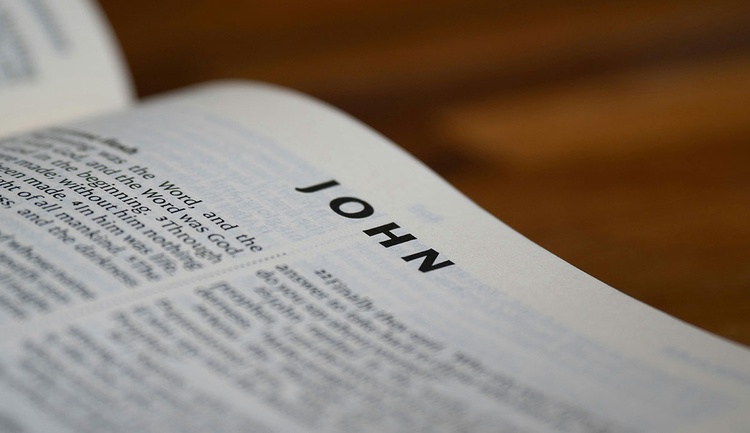Question from a reader:
In John 3:27-30, John the Baptist teaches his disciples about his joy being complete. However, it seems as though he is continuing his lesson in verses 31-36, but it has no quotation marks around it. (The ESV and NIV don’t; NASB does.) Many resources give credit to John the Baptist speaking here, even though there are no quotations. Why do some translations have the quotation marks, and others don’t? And if it is correct to not have them, who is speaking in those verses? Is it John the author?
Answer from Randy Alcorn:
Yes, you are correct, the translations that put the whole thing within quotation marks are interpreting this as all from John the Baptist. The translations that end the quotation marks halfway through are saying the first part (verses 27–30) is from John the Baptist, which is clearly true, and the last part (verses 31–36) is from John the apostle, which is the uncertain part. Which John was it?
Some people say it really doesn’t matter since it’s all God’s Word anyway, but I do think that we should try to figure out which human being actually said the words of God.
This document lays out the exact question you are asking.
This article assumes it’s all John the Baptist.
Since there is no punctuation in the original Greek, no quotation marks, commas, periods, or anything else, it is truly a judgment call whether this is John the Baptist, or the apostle John. Which means you are safe saying “this was said by John”!
Different commentators argue differently. I am sort of in the middle, thinking it could go one way or the other. Certainly, the Greek text can be taken either way precisely because quotation marks are not there. Normally, it is obvious from the context. In this case, it is not obvious the way it usually is. Hence, there is no absolutely certain answer to your question that we can know in this life. When we get to Heaven, we can ask the apostle John, John the Baptist, or Jesus Himself, and then we will know!
That said, I do lean toward it all being John the Baptist, perhaps partly because I love the uniqueness of that man, and I love the idea of hearing more of the gospel from Christ's forerunner. We hear much from the apostle John in the rest of this Gospel and in his letters and Revelation. But if this is all John the Baptist, which it certainly could be, it would be a substantial addition to what we know that he said.
A friend said to me, “I personally lean towards it being John the Baptist, primarily because if it is John the Apostle it would be a bit out of place with the rest of the book. The only times John really offers commentary (other than a clarification) is at the beginning and at the end so this would be an exception.”
Somehow when I picture that bearded, wild-eyed prophet saying these words, it just resonates with my heart. That’s not a good argument for believing they are his words, but since I’m up in the air on it in the first place, if I were preaching the passage, I would lean toward it being the words of John the Baptist right to the end of John 3.



